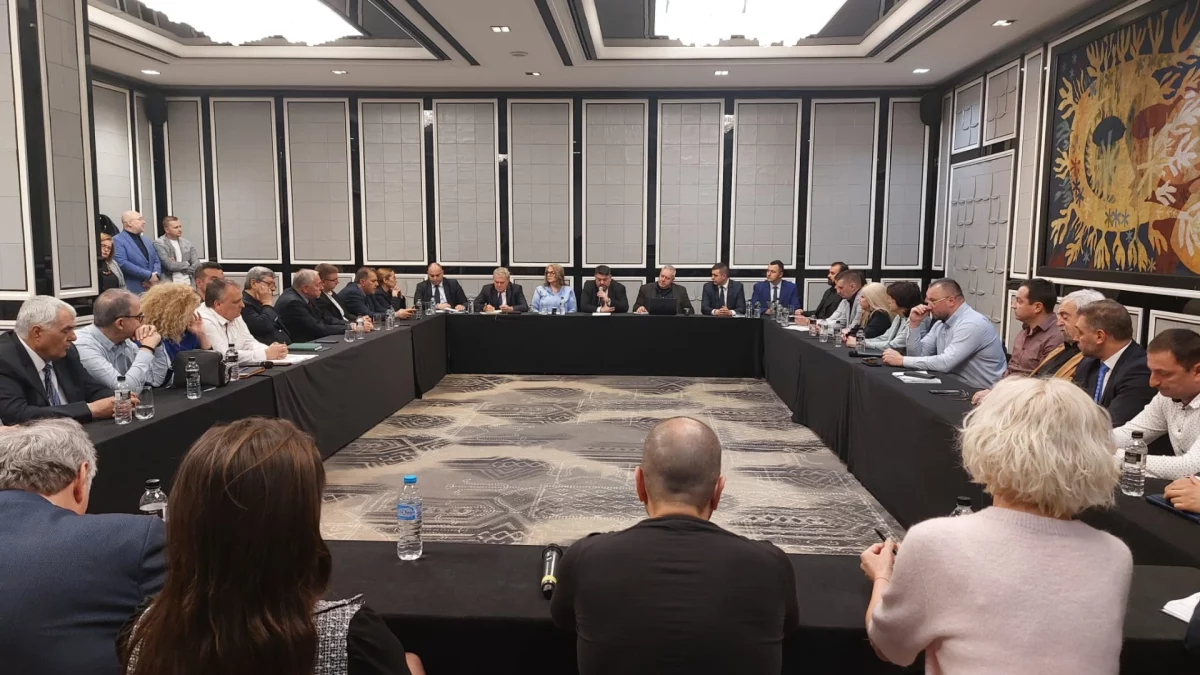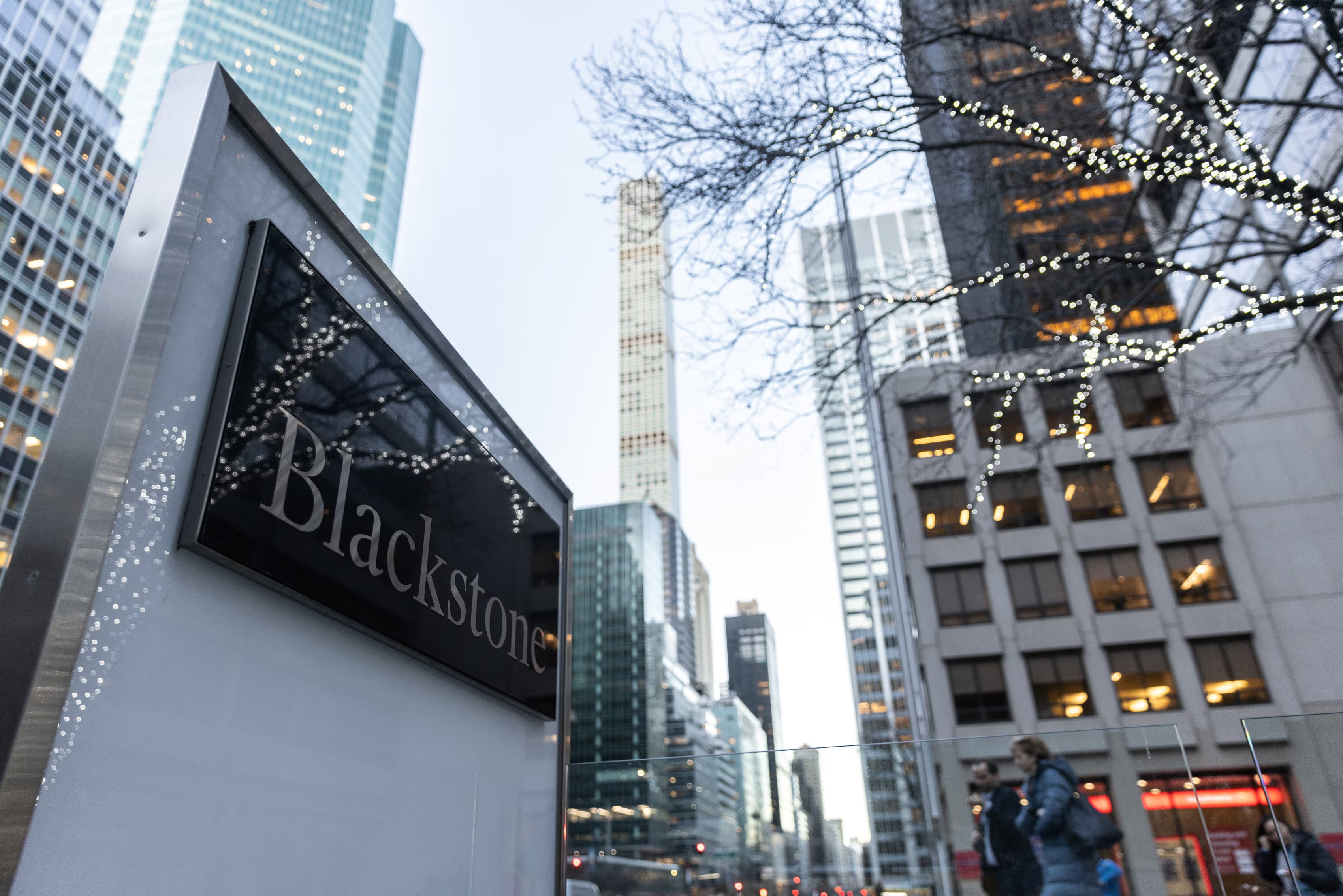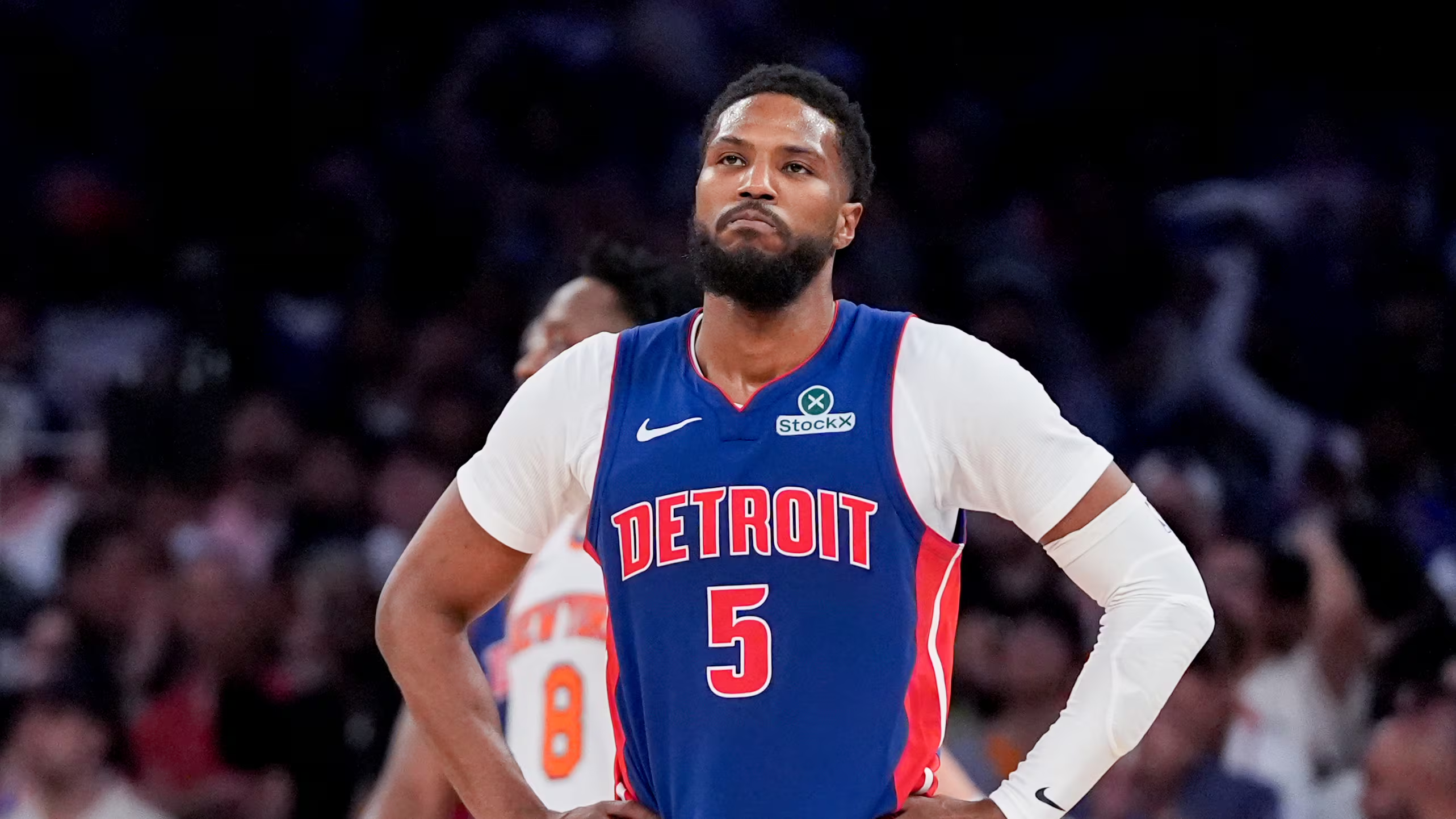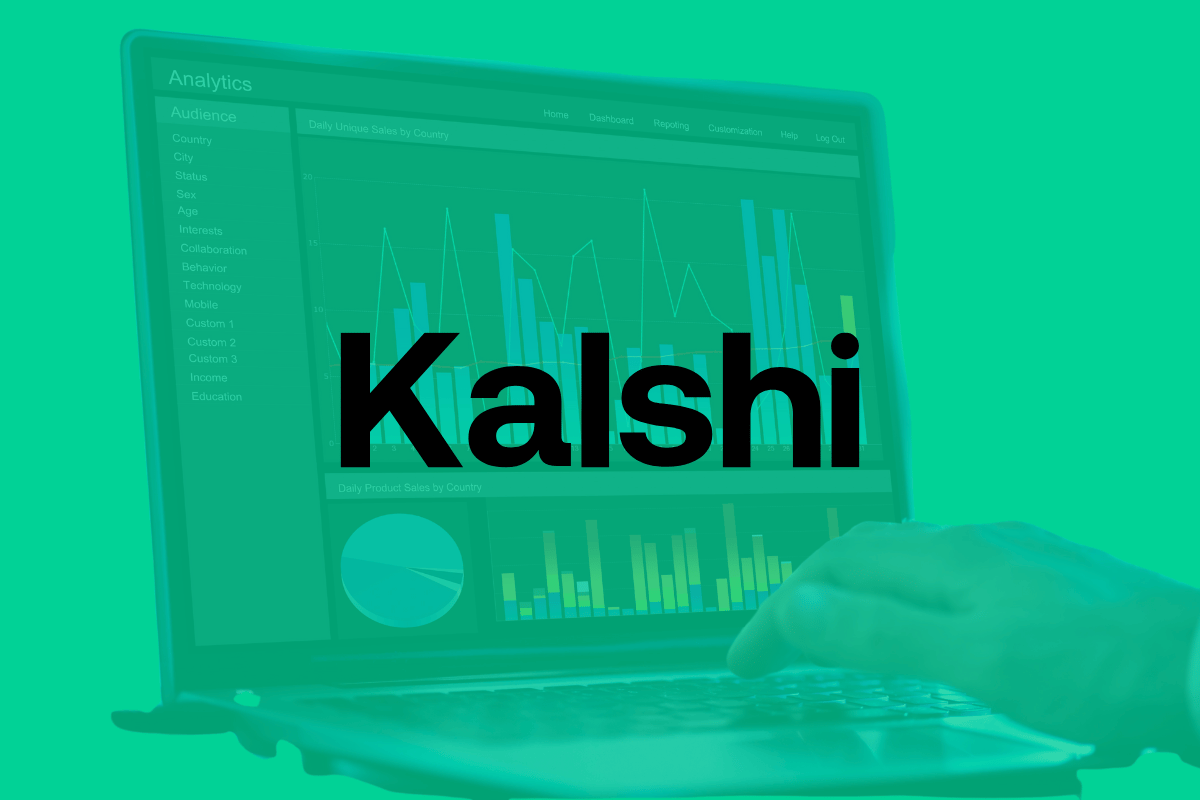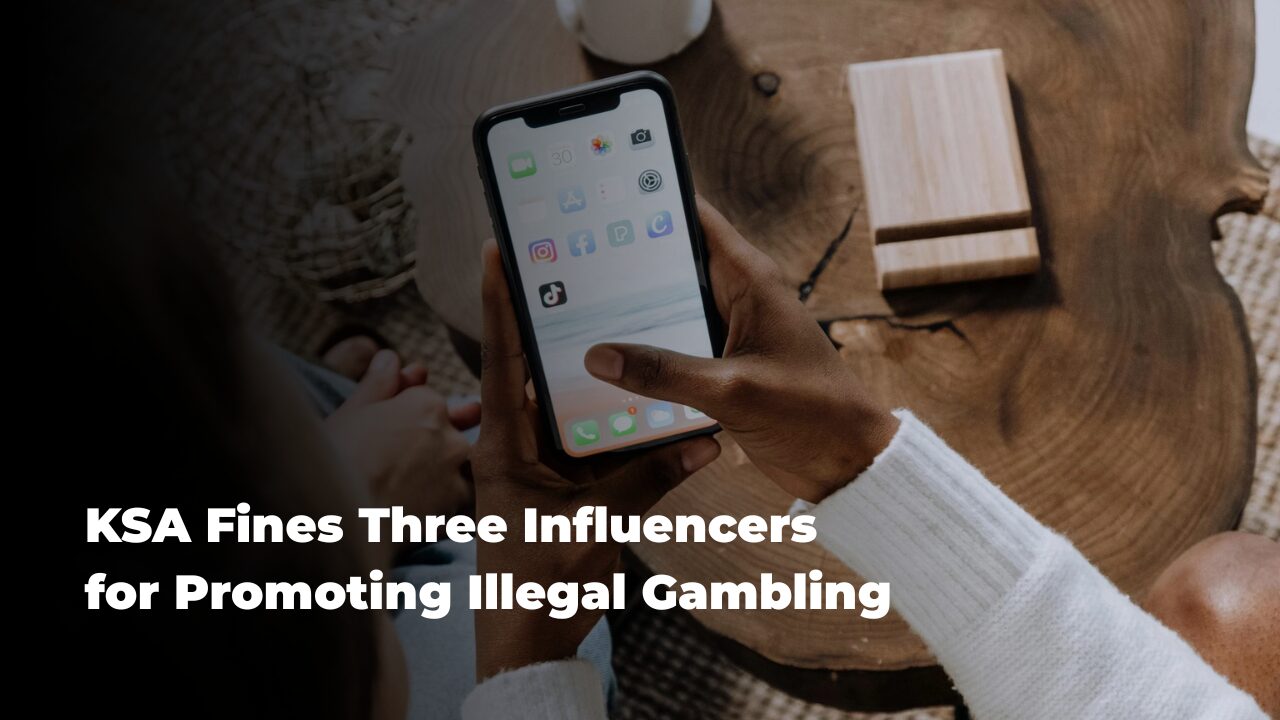Illegal gambling increases the shadow economy, money laundering, human trafficking, drug dealing, and arms trading, said Deputy Minister of Interior Filip Popov at a roundtable talk. Deputy Prime Minister Atanas Zafirov led the meeting, where people from the Ministry of Interior, the General Directorate for Combating Organized Crime (GDBOP), the National Revenue Agency (NRA), sociologists, psychiatrists, and gaming industry members took part. The Chairperson of the Association of Gaming Industry in Bulgaria (AGIB), Angel Iribozov, joined the event.
Atanas Atanasov, Deputy Chair of the Parliamentary Budget Committee, ran the discussion. He said that public talks on the subject of gambling usually include popular ideas but do not result in practical solutions.
Deputy Minister Popov said that illegal gambling links directly to gambling addiction. Participants discussed several related matters. Rumen Petkov, who once served as Minister of Interior and now acts as Chairman of the ABV political party, made it clear that the main problem is not with licensed operators but with those operating outside the law. In his opinion, asking for gambling or advertising bans does not address the situation for legal operators. He pointed out the need for balanced and effective actions.
Petkov talked about strict rules at licensed gambling platforms, which block people under 18 from playing. He said operators want to keep their licenses and will follow these rules. In the illegal sector, operators do not enforce any age limits or face licensing risk.
He noted that various European countries handle gambling regulations in their own ways. For example, the UK did not stop gambling ads in football clubs. Meanwhile, the Netherlands opened a national debate about the issue and hosts Europol at the same time. Petkov stated that schools, local authorities, and law enforcement need to work together on prevention strategies targeted at groups more likely to be affected.
How funds from gambling taxes get used for prevention is also unclear. Petkov said that while tax collection is checked, the path of prevention funds after entering the budget stays unknown. He underscored that illegal gambling money goes into crime networks and supports anti-social activity, making it invisible and risky for society.
Boyan Raev, Deputy Director at GDBOP, explained that his agency has working methods for fighting illegal gambling sites. Pavlin Petrov from GDBOP said that gambling, like other modern activities, now happens online. Over the last 10–15 years, foreign operators have moved into the Bulgarian market. Many operate from outside Bulgaria.
Dr. Tsveteslava Galabova, a psychiatrist at St. Ivan Rilski Hospital, described how young people are the main new gamblers on illegal websites. Their motivation often comes from looking for thrills. She pointed out that gambling addiction does not have an official mental disorder listing. The national register under the Gambling Act lists about 50,000 vulnerable people in the last two years; the record for people with alcohol addiction has over 200,000 entries.
The National Revenue Agency (NRA) said that legal gambling in Bulgaria gets strict oversight. They talked about regular reviews and steps to improve how the sector works. There is an ongoing campaign with the Customs Agency to address gambling addiction.
AGIB reported that both government bodies and citizens should keep stopping illegal gambling as a main goal since it changes the economy and influence on society in deep ways.

 Companies
Companies 